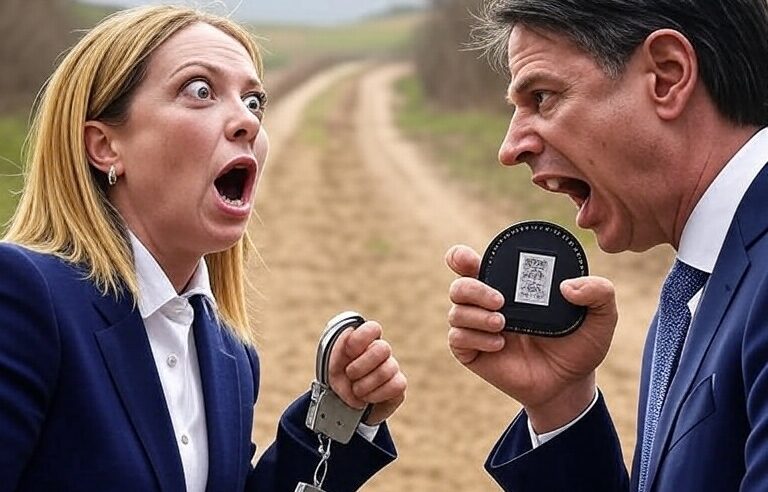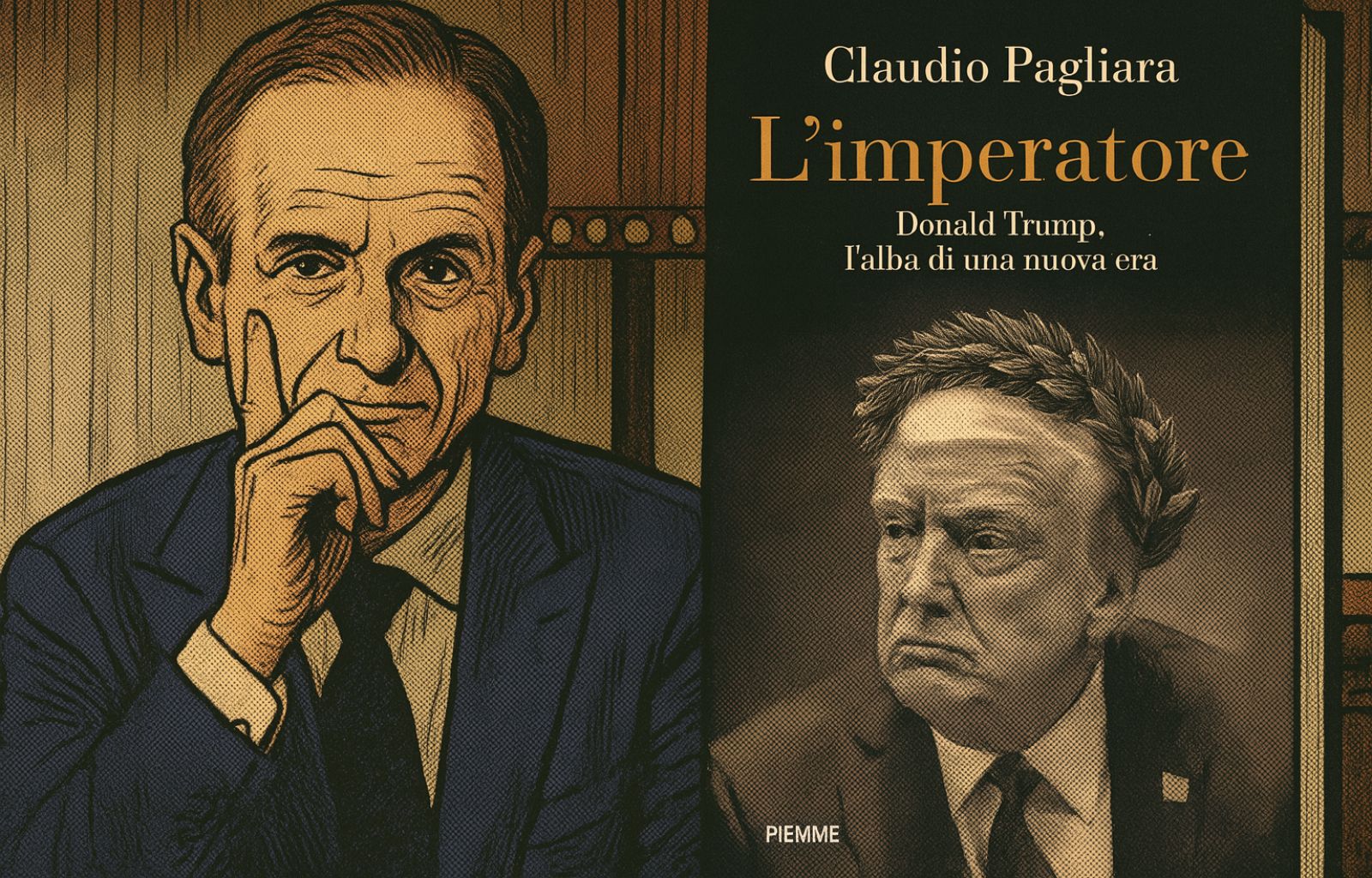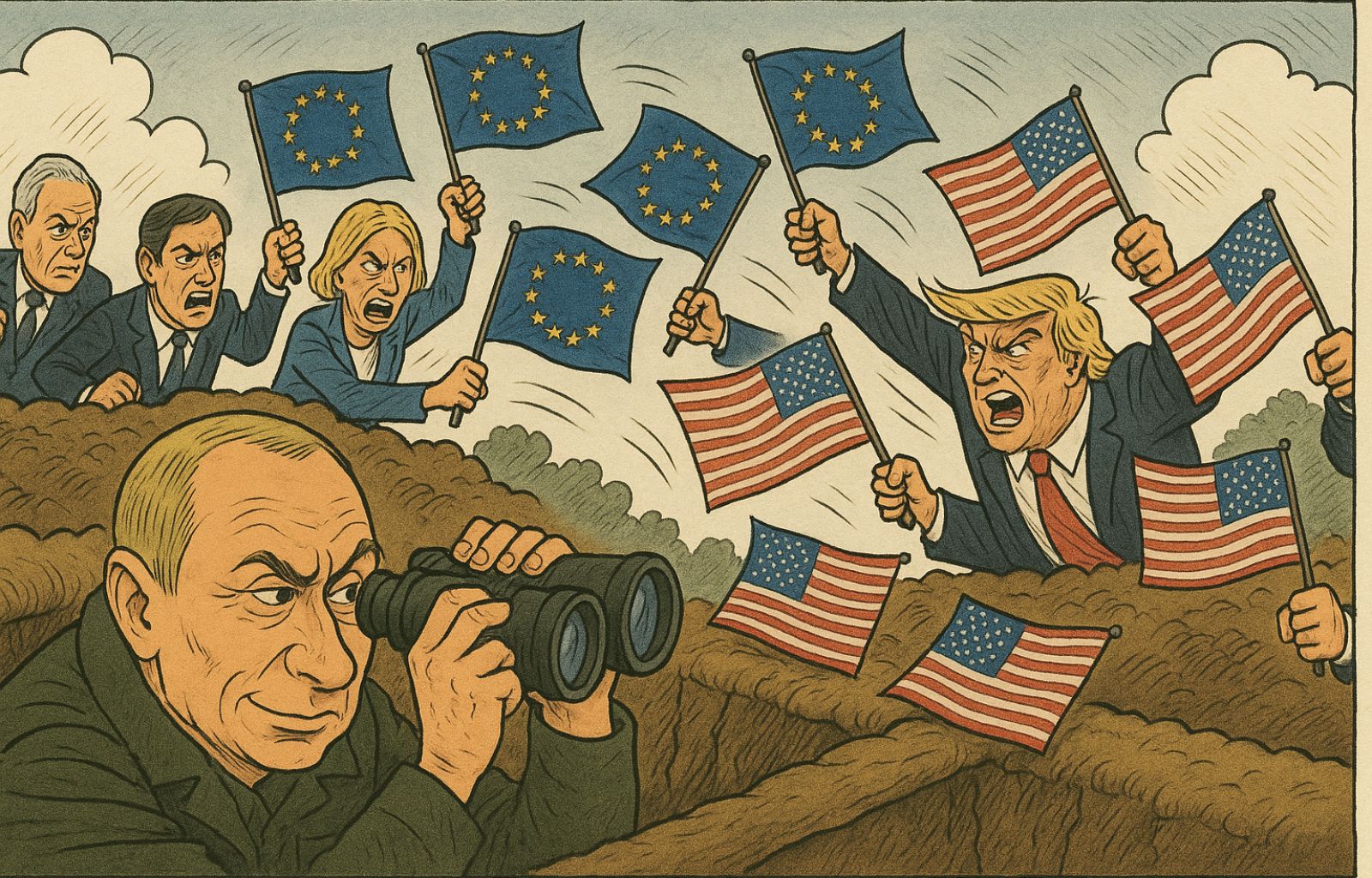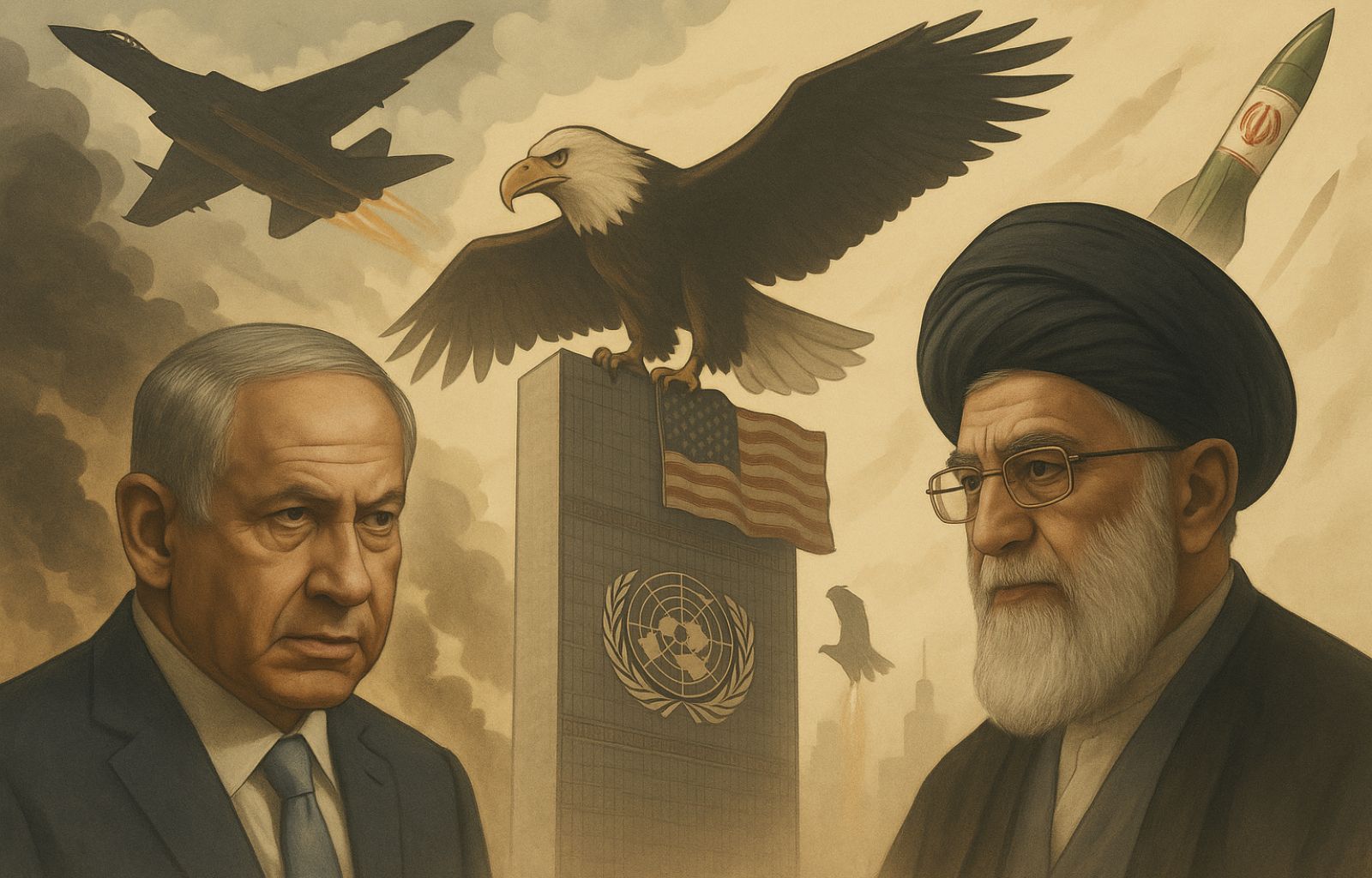Canada in the European Union? The Economist’s idea for thinking outside the box
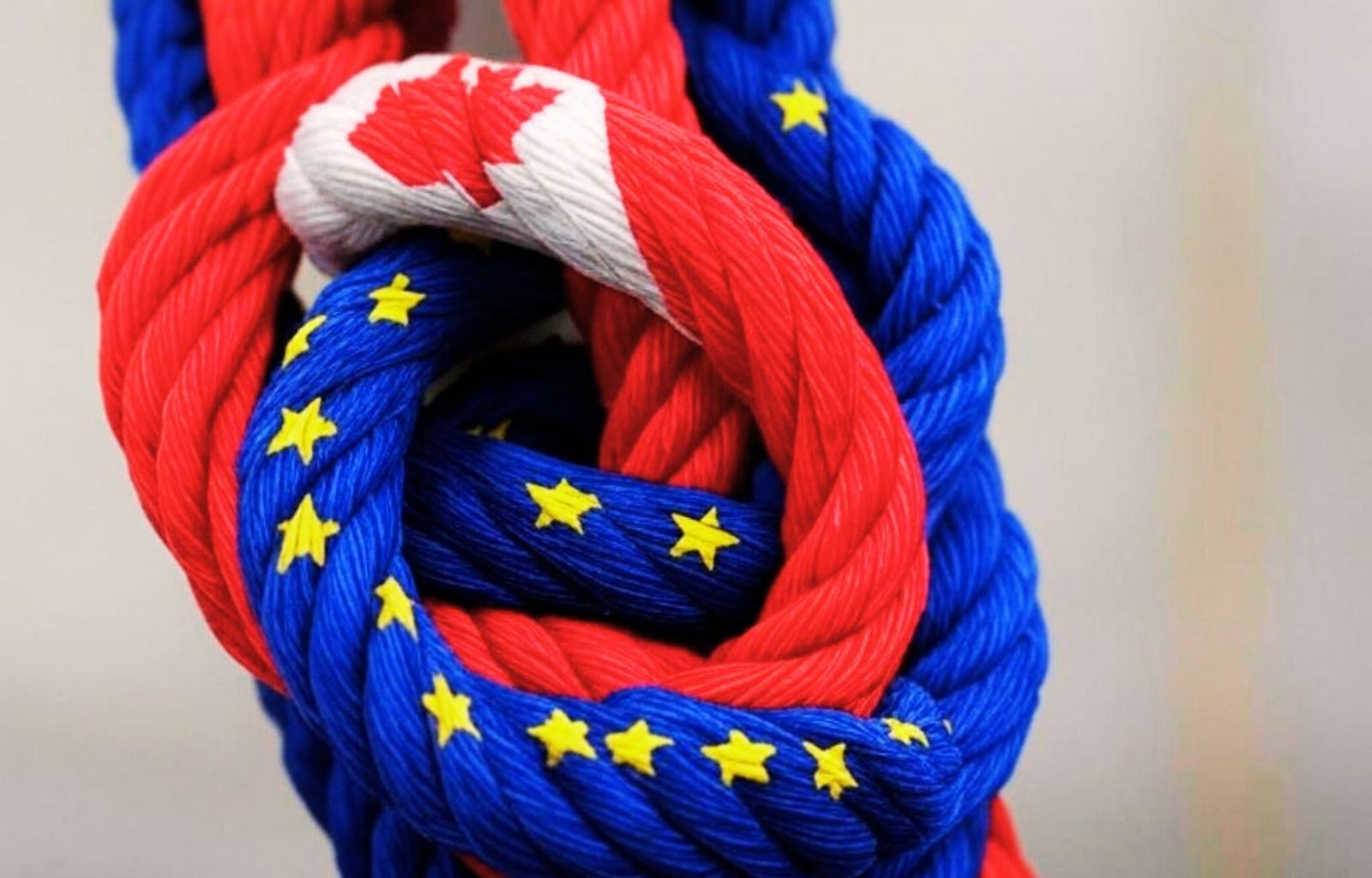
In the latest issue of The Economist, a provocative article proposes a bold idea, all the more so in the context of the overheated debate of recent days: invite Canada to become the 28th member state of the European Union. The idea, although unlikely in the immediate future, is an exercise in geopolitical imagination that offers interesting food for thought for Europe. And, in its innovative spirit, it embodies an approach that the EU should adopt to face the challenges of the 21st century: thinking out of the box.
The idea of CanadEU
The article in The Economist starts from a curious historical precedent, the so-called ‘whisky wars’ between Canada and Denmark, a forty-year territorial dispute over a small Arctic island. Resolved peacefully, this dispute symbolises the civil diplomacy that characterises both Canada and Europe.
But why invite Canada to the EU? The reasons are manifold. Canada, with its vast territories rich in natural resources and a population of only 40 million, is an ideal complement to a densely populated, raw-material-poor, energy-needy Europe. The inclusion of Canada would triple the area of the EU, without placing an excessive burden on its demographic resources.
Culturally and politically, Canada shares many values with Europe: respect for markets tempered by strong welfare states, attention to climate change, and an inclusive approach to immigration. Moreover, Canada’s membership would bring a significant expansion of the euro market, increasing the global reach of the single currency and consolidating its role in international markets. Moreover, Canada’s experience with indigenous peoples could offer useful lessons for an increasingly multicultural Europe.
Obstacles and opportunities
Certainly, there are significant obstacles. EU membership would entail difficult sacrifices for Canada, such as reviewing its trade ties with the United States, which are crucial for its economy. On the other hand, the EU would also have to overcome the formal constraint that reserves membership to ‘European states’ only. But the article emphasises that the strategic alliance between the two sides of the Atlantic does not have to result in full membership. Closer cooperation could begin with the full implementation of CETA, the trade agreement between the EU and Canada, which is still pending in some member states.
The article also suggests that closer ties between the EU and Canada would be an effective response to the aggressiveness of the global great powers. Donald Trump, with his expansionist attitude, poses a threat to both. Trump has already referred to Canada as the possible 51st state of the United States, addressed Prime Minister Justin Trudeau as‘governor‘, expressed interest in annexing Greenland, and made no secret of his desire for control over strategic infrastructure such as the Panama Canal. These signs of American imperialism make it all the more urgent for Europe and Canada to strengthen their strategic autonomy.

Why Europe must embrace innovative ideas
Regardless of the feasibility of CanadEU, the idea holds a fundamental lesson for Europe: the need to go beyond traditional patterns and think creatively about its challenges. In the context of increasingly aggressive global competition, the EU cannot afford to remain anchored in static and conservative logics.
The approach suggested by The Economist is, first and foremost, an exercise in method. Imagining scenarios that challenge convention allows innovative solutions to be found, even when not fully feasible. Europe needs this spirit to regain its centrality in the world. And it must do so with a clear objective: to defend itself both from Russian and Chinese imperialism and from the ‘friendly aggression’ of the United States, often more ally than partner.
Thinking out of the box also means recognising that the EU needs to broaden its vision: to include new alliances, explore unprecedented cooperation and strengthen its strategic autonomy. Only in this way can Europe once again become a global power capable of influencing its own destiny.
Ultimately, while the idea of a CanadEU may remain a geopolitical dream, Europe can draw inspiration from it to build a future where pragmatism marries audacity. The first point for thinking out of the box is to give ourselves a face and a legitimate voice to say ‘We, the European Union’. We need direct election of the president of the European Union now.


